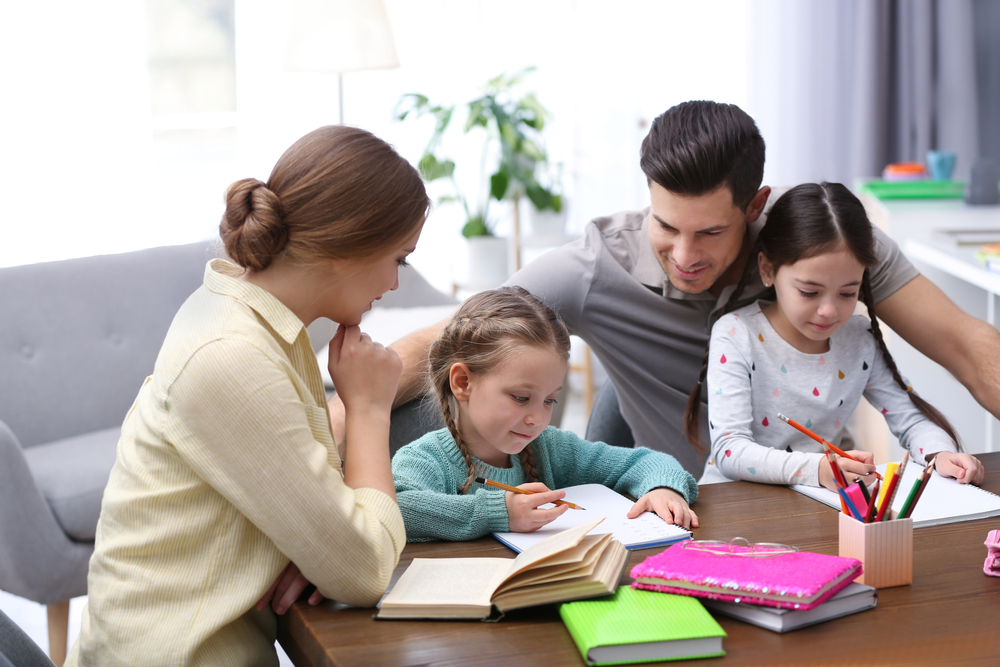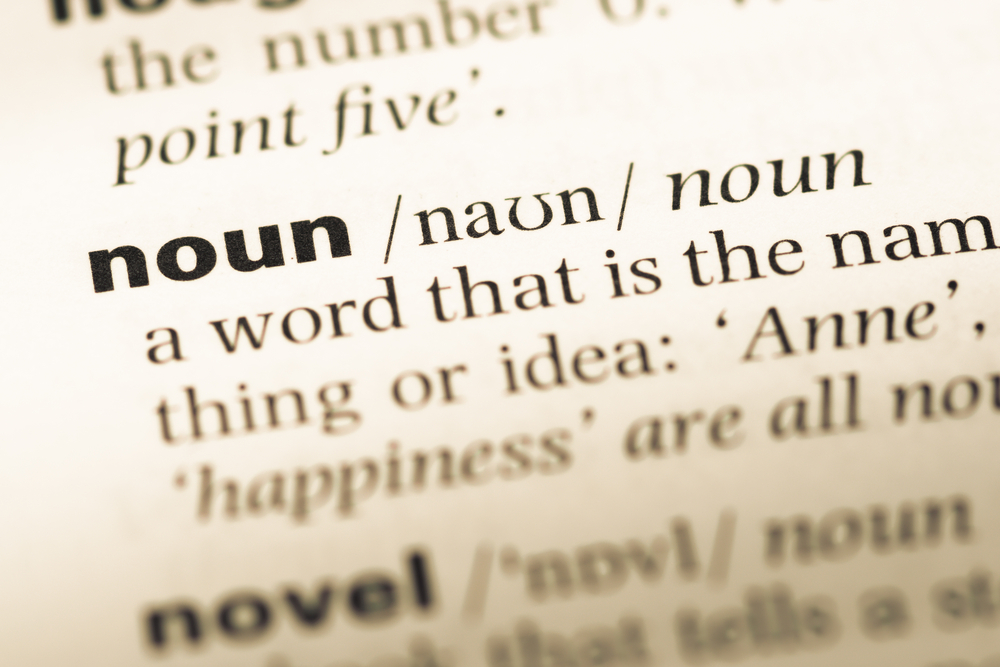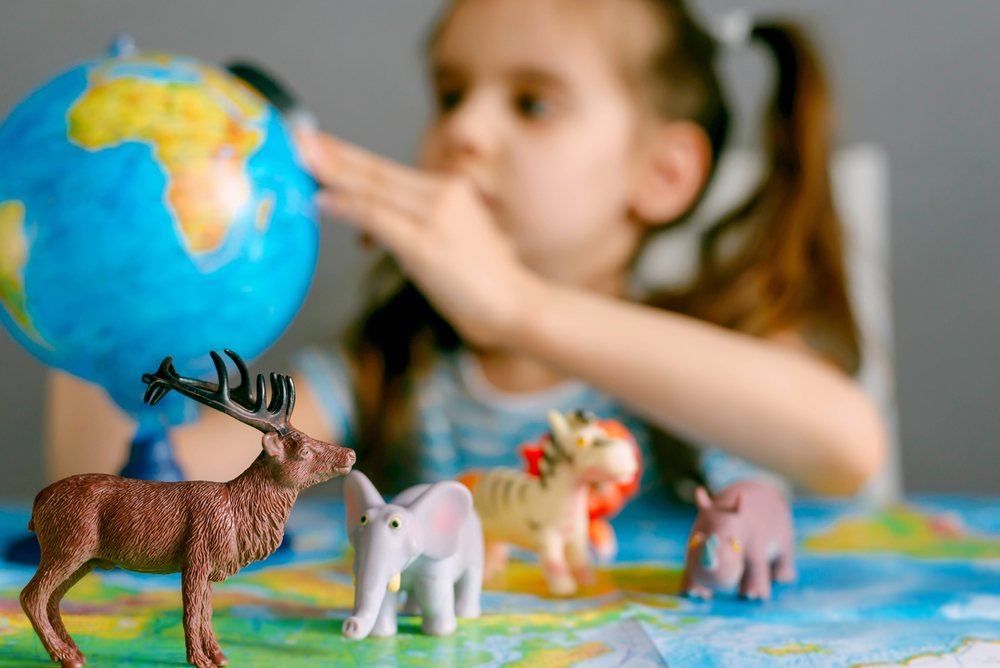Categorization skills Easy Worksheets for Ages 4-8
6 filtered results
-
From - To
Explore our "Categorization Skills Easy Worksheets" designed specifically for children ages 4-8! These engaging and interactive worksheets help young learners develop essential categorization skills by sorting objects, identifying similarities and differences, and grouping items based on various attributes. Our user-friendly materials make learning fun, fostering critical thinking and enhancing vocabulary. Perfect for home or classroom use, these worksheets encourage independent learning and support early childhood education. Designed with bright, appealing visuals, children will enjoy hours of educational exploration while building a strong foundation in sorting and classifying. Unlock your child's potential with our easy-to-use categorization worksheets today!
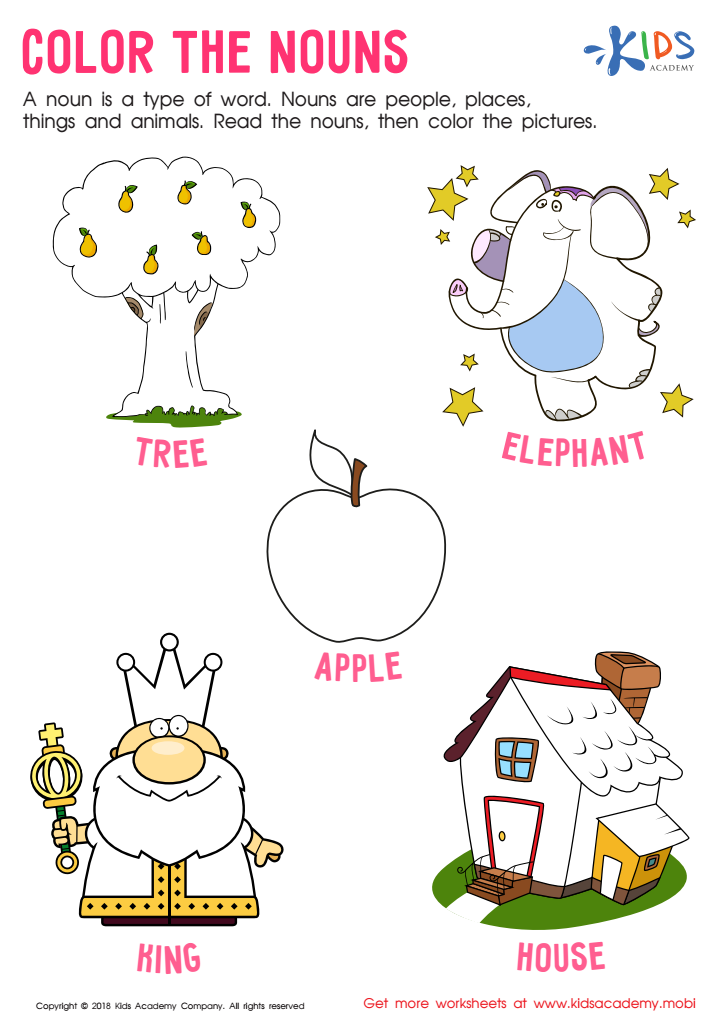

Color the Nouns Worksheet
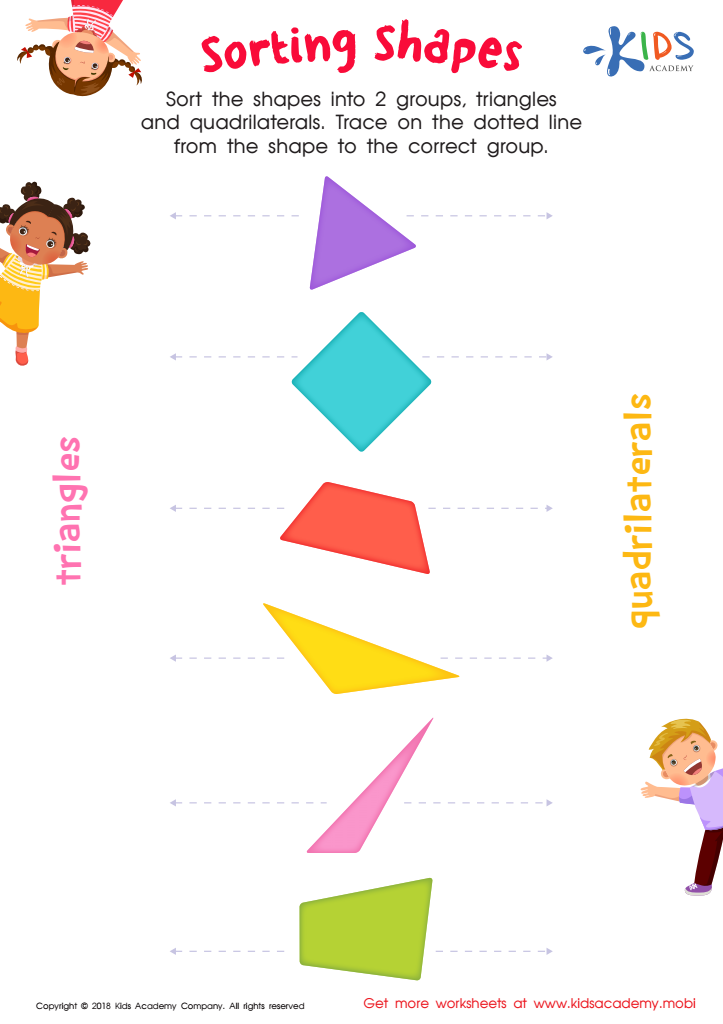

Sorting Shapes Worksheet
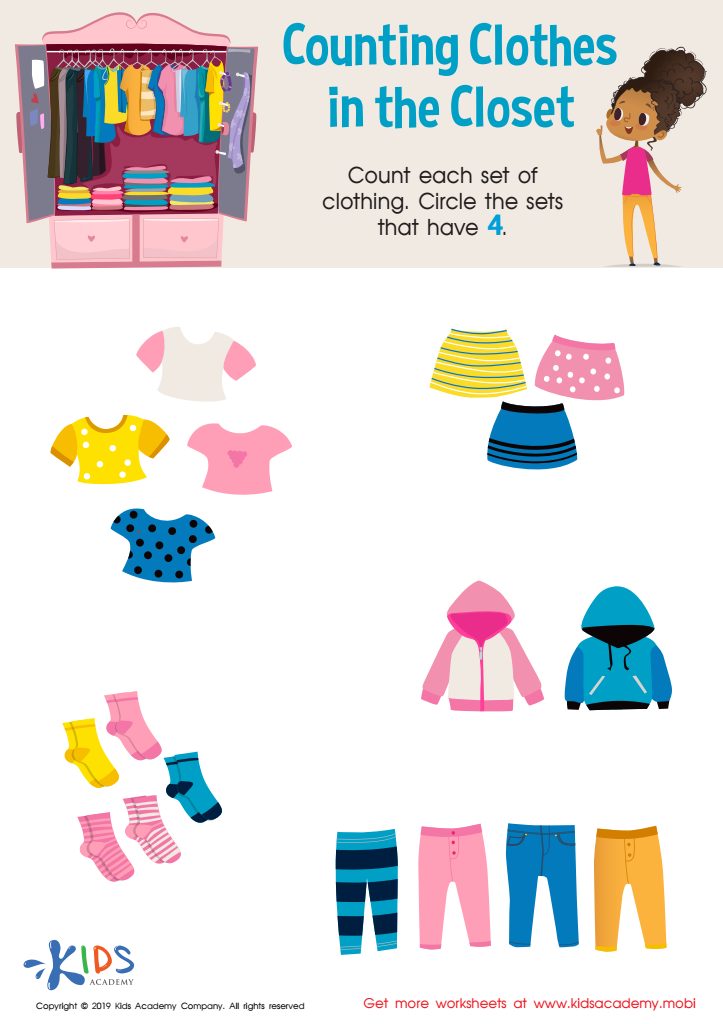

Counting Clothes Worksheet
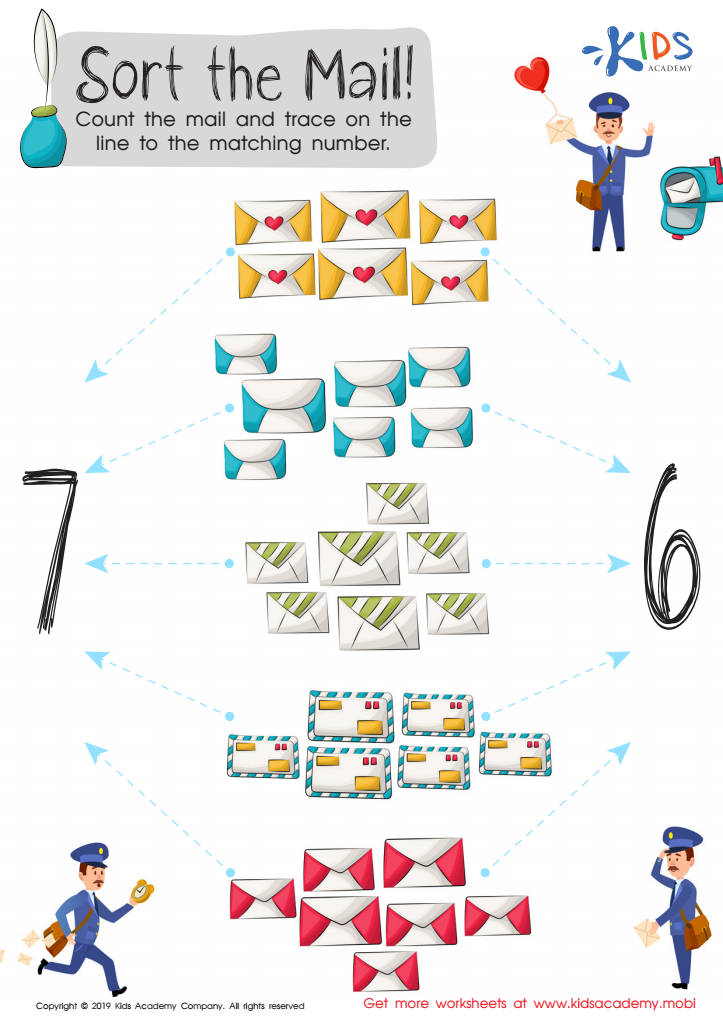

Sort the Mail Worksheet
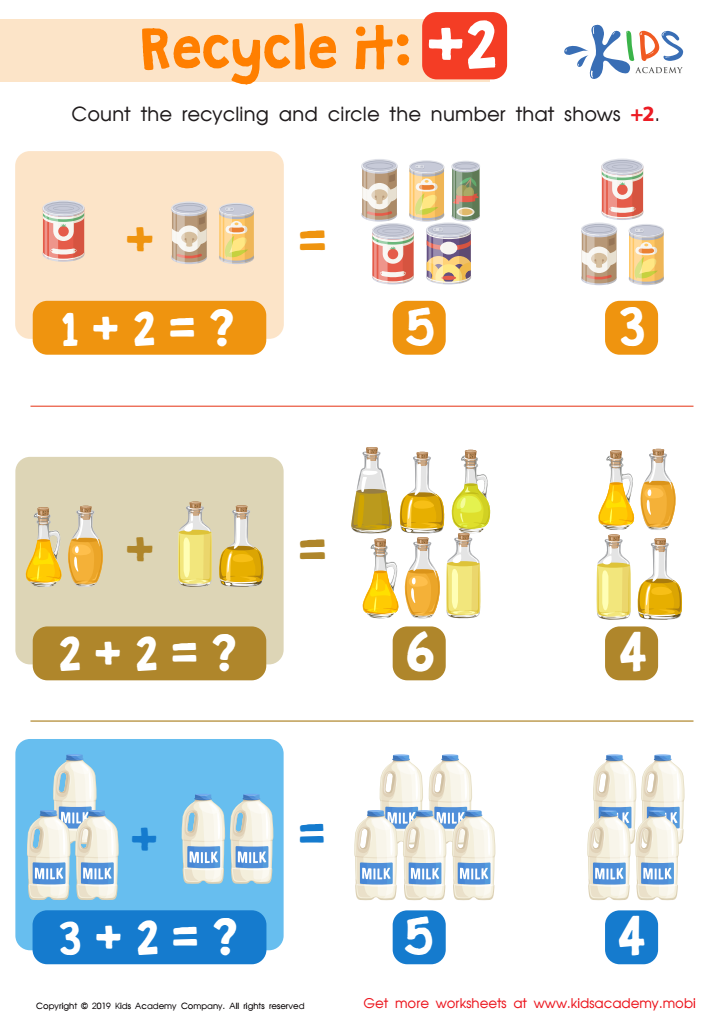

Recycle It: +2 Worksheet
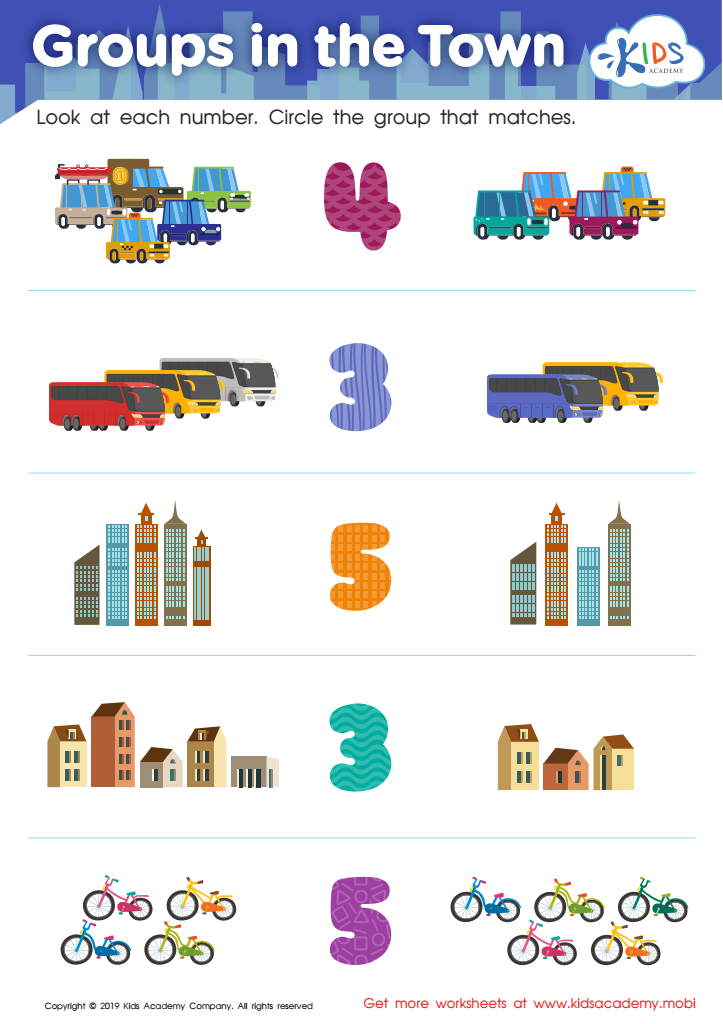

Groups in the Town Worksheet
Categorization skills are fundamental for children aged 4-8 as they lay the groundwork for critical thinking and problem-solving. At this age, children are naturally eager to explore and make sense of the world around them. By developing categorization skills, they learn to group items based on shared characteristics, which enhances their ability to recognize patterns, similarities, and differences.
For parents and teachers, fostering these skills can significantly improve children’s language development, as they learn to articulate why certain objects belong together. This process also boosts cognitive skills, such as logic and reasoning, laying a foundation for future academic success in subjects like math and science.
Moreover, categorization skills promote organizational abilities, which are essential for daily life and academic tasks. When children can categorize their belongings or ideas, they develop a sense of order that contributes to more effective learning strategies.
Additionally, nurturing these skills encourages social interaction, as children often work together to sort and categorize, enhancing collaborative and communication skills. By prioritizing categorization, parents and teachers help children navigate their environment, fostering independence and self-confidence that will benefit them throughout their lives.
 Assign to My Students
Assign to My Students




